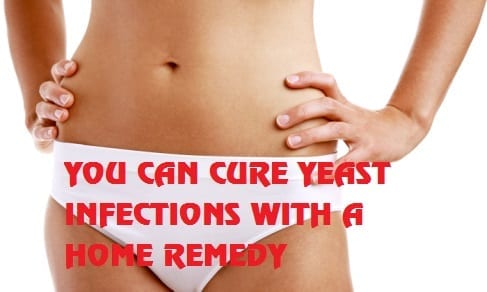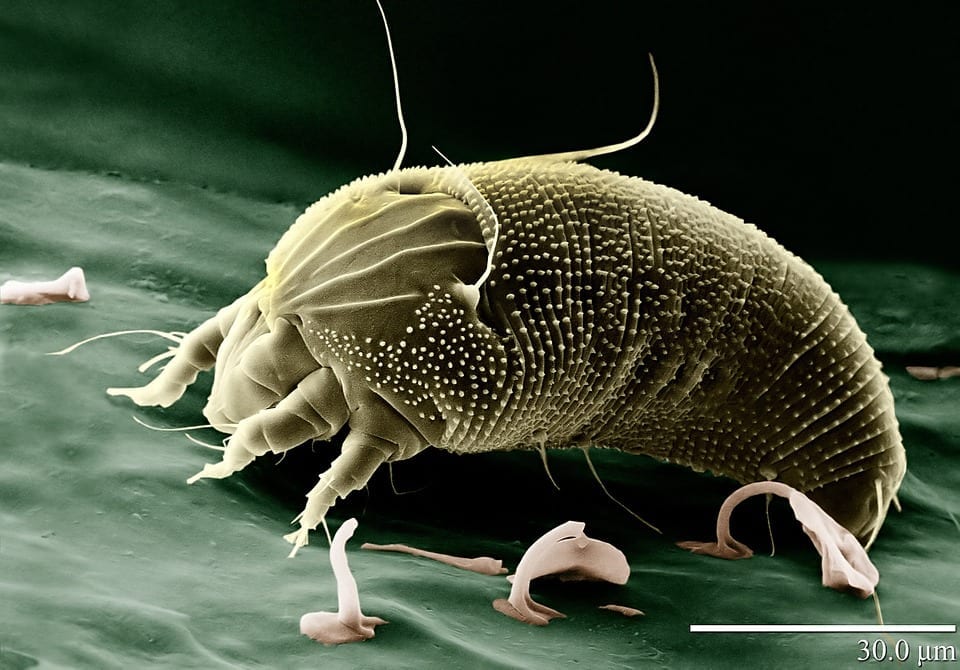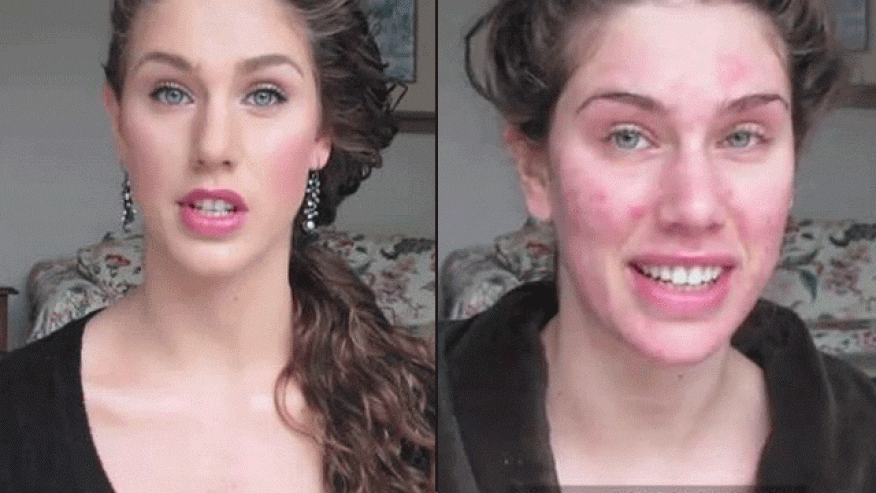Q: What’s the best way to prevent and treat a yeast infection?
A: Vaginal yeast infections are caused by a fungus called Candida albicans. This organism is normally present in the body, in a healthy balance with other microorganisms. But when something upsets the pH balance in the vagina, there may be an overgrowth of the yeast leading to infection.
Many factors can make the vaginal habitat ripe for a yeast overgrowth, including tight pants, synthetic fabric underwear, birth control pills, menstruation, pregnancy, diabetes, certain medications, obesity and many others. It’s also likely that stress, weather and dietary factors, (such as eating lots of sugar and carbohydrates) can create conditions favorable to yeast infections.
Vaginal yeast infections may cause itching, burning or irritation in the vagina and vulva, a thick, white discharge the consistency of cottage cheese, and in some cases pain during intercourse or when urinating.
If you’ve never had a yeast infection before, or you?re not absolutely confident of your self-diagnosis, see your doctor, who can confirm the diagnosis and make sure you don’t have any coexisting sexually transmitted diseases.
Antifungal medicines – both prescription and non-prescription – can usually wipe out a yeast infection in a few days. They’re available as creams, suppositories and pills.
If you get recurrent yeast infections, you may want to keep some over-the-counter medicines on hand. And consider making some changes to help prevent future infection, such as:
- Wear cotton underwear.
- Avoid wearing tight-fitting pants and pantyhose – or at least avoid wearing them frequently.
- Don?t let the genital area remain damp, hot or sweaty. Dry thoroughly after bathing.
- Change tampons or sanitary pads often.
- Always wipe from front to back after you use the toilet.
- Don?t use commercial douches or feminine hygiene products.
- Don?t take frequent bubble baths.
- Eat yogurt regularly, making sure it contains live cultures.





Be the first to comment on "What’s the best way to prevent and treat a yeast infection?"